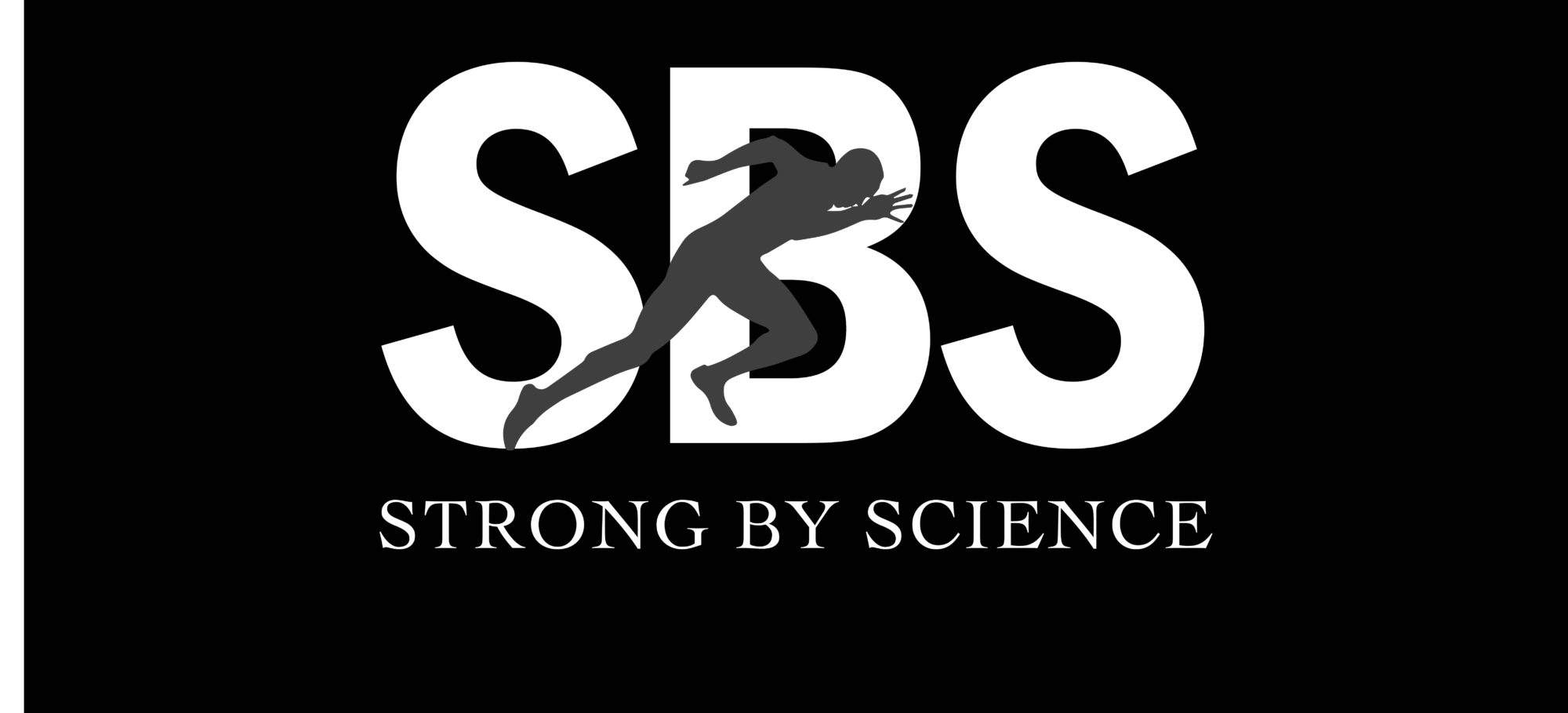Performance is determined by two variables:
- Skill: The cognitive process in which we receive information, process information, and execute an action based on this information. It involves both higher order brain thinking and reflexive habitual responses.
- Physical capabilities: The neural, structural, and contractile elements that perform the physical actions of a specific skill.
Skill and physical capabilities have an interesting interplay with each other. Depending on the athlete in a given sport, one athlete may successfully perform by relying more heavily on a specific quality over another.
For example, a wide receiver with blazing speed may not need to rely much on skill to be successful. On the other hand, a less gifted athlete may have to rely quite heavily on his skill in order to make up for his lack of physical abilities.
Either way, there does appear to be some threshold in sporting success for both skill and physical capabilities. The threshold obviously changes depending on the sport and given physical and technical attributes, but at no point can skill or physical abilities of a successful athlete fall below this unknown threshold.
Competing Demands
For most any sport, there will always be a internal competition for energy sources. Your cognitive function needs a certain amount of energies to work optimally and the same holds true for your physical capabilities. Both qualities are necessary for performance, yet both qualities compete for the same energy reserves.

https://www.simplypsychology.org/body.jpg
Physical Capabilities
In short, the more “fit” one is for their given sport the greater room they will have for cognitive function and skill expression. Imagine being 60lbs overweight, climbing 4 flights of stairs, and then trying to answer a math problem. Now, imagine being in shape and doing the same. Whats the difference? My guess is the overweight version of you has trouble cognitively processing the problem. Your energy reserves have been mobilized to get you up the stairs and now you have trouble displaying your math skills. The opposite holds true for the in shape you.
The same example holds true for sports. Imagine being exhausted and having to cognitively process a very complex formation and determine what play you should call on defense… The less fatigued you are, the less impaired your motor skills will be. However, it doesn’t help to be in great shape if your skills are already subpar.
Skills
High level skill requires both conscious and unconscious processes. For example, I can bet LeBron James doesn’t have to think about what foot to step with when he is going up to finish a layup. However, I bet he has to think when he is on defense and is trying to steal a pass. Whats the difference between the two?
Well, the more automative your skills become, the less cognitive demand (energies) they will require. Regardless of how tired you are, I bet you can still tie your shoes. However, the same cannot be said for more complex, less automative skill processes. This is why you see defense late in basketball games tend to falter before offensive skills. My guess is most players are automative offensive players and their skills will be there despite high levels of fatigue. On the other hand, defense requires much more thought and as one fatigues, their energetic demands move towards the physical capabilities side and their defense begins to slip.
Conclusion
Performance is based on both skill and physical capabilities. The more fit you are for the given sport and the more automative your skills are, the more capable one will be to consistently perform at a high level. However, if one becomes greatly impaired, then the ability to perform will be reduced. Thus, successful performance over the course of the game and season is determined by both the cognitive and physical economy of the athlete.
